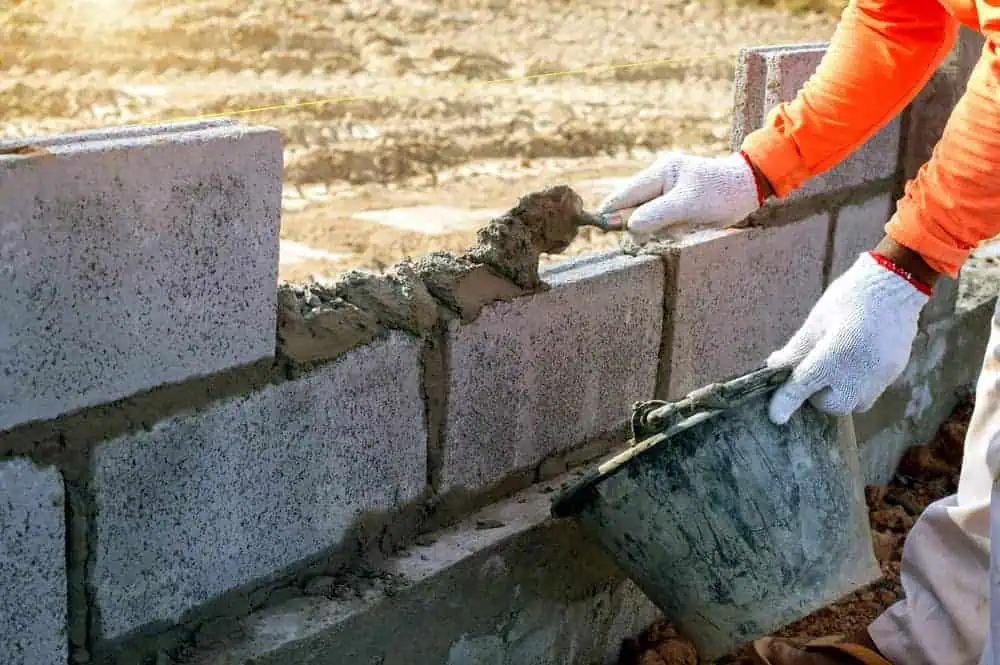Masonry Contractor in Newton, MA
Enhance your home’s value and safety with expert chimney masonry repair in Newton, MA.
Call Us Today: 508-501-3272

Proper chimney masonry repair is essential for maintaining the structural integrity of your home. In Newton, MA, weather conditions can cause significant wear and tear on masonry.
Academy Masonry specializes in repairing and restoring chimneys, ensuring your home remains safe and looks great. Our services help increase your property’s value and curb appeal in Middlesex County.
Our team has years of experience in chimney masonry repair, providing reliable services in Middlesex County.
We use high-quality materials to ensure durable and long-lasting repairs, suitable for Newton, MA.
Academy Masonry is dedicated to delivering excellent customer service and satisfaction. Call us at 617-388-5207 today!

Hiring professionals for chimney masonry repair guarantees quality results and peace of mind. When you choose Academy Masonry, you’re opting for experienced and skilled craftsmanship that ensures your chimney is repaired to the highest standards. Our team is trained to handle all types of masonry issues, from minor cracks to significant structural repairs, giving you confidence in the durability and safety of our work.
In Newton, MA, weather conditions can be harsh, and understanding the local climate’s impact on masonry is crucial. Our experts at Academy Masonry are well-versed in these conditions and know how to select and use materials that can withstand the unique challenges of Middlesex County’s weather. We ensure that our repairs are not just temporary fixes but long-term solutions that will stand the test of time.
Additionally, professional masonry services provide an aesthetic benefit that amateur repairs simply can’t match. A well-maintained chimney enhances the overall appearance of your home, boosting its curb appeal and, consequently, its market value. At Academy Masonry, we focus on functionality and aesthetics, ensuring your chimney looks great and performs flawlessly. This comprehensive approach sets us apart and makes us the go-to choice for chimney masonry repair in Newton, MA.

Homeowners in Newton, MA should be vigilant about the condition of their chimneys. One of the most common signs that your chimney needs repair is the appearance of cracks in the masonry or mortar joints. These cracks can allow water to seep in, causing further damage over time. Addressing these issues early with the help of Academy Masonry can prevent more extensive and costly repairs down the line.
Another sign to watch for is white staining, known as efflorescence, on the chimney’s exterior. This staining indicates moisture in the masonry, which can lead to significant structural damage if not treated promptly. Our team at Academy Masonry can assess the extent of the moisture damage and implement effective solutions to eliminate the problem and protect your home’s structure.
Water damage inside the fireplace is another critical indicator that your chimney needs attention. This can manifest as dampness, mold, or even visible water inside the firebox. If you notice any of these signs, it’s essential to contact Academy Masonry at 617-388-5207 immediately. Prompt repairs will safeguard your home and ensure that your chimney continues to function safely and efficiently. Regular inspections and maintenance are crucial to preventing these issues and extending the life of your chimney.
Newton is a city in Middlesex County, Massachusetts, United States. It is approximately 7 miles (11 km) west of downtown Boston. Newton comprises a patchwork of thirteen villages without a city center. At the 2020 U.S. census, the population of Newton was 88,923.